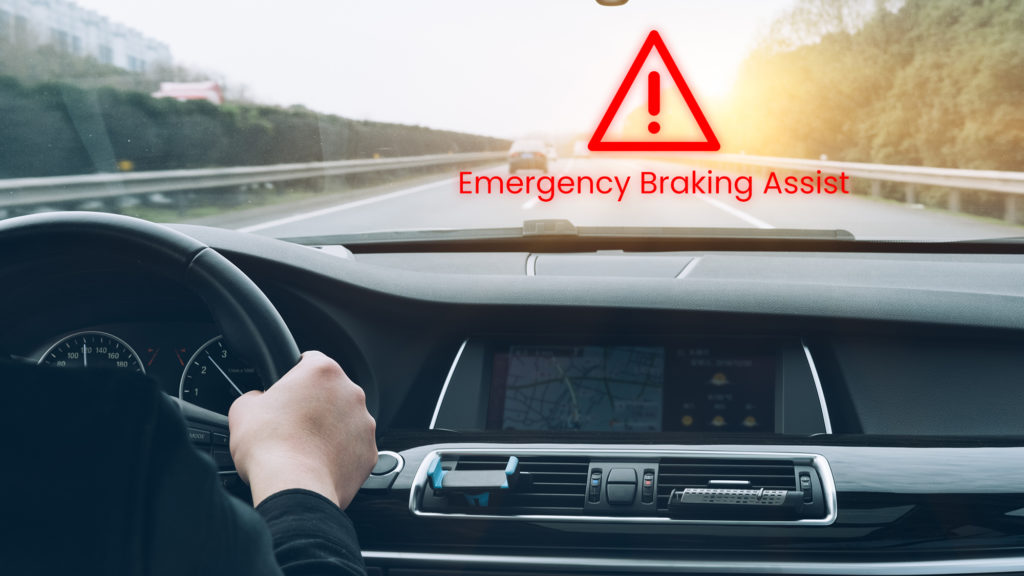According to McKinsey’s insights on Automotive & Assembly, car insurers are likely to shift the core of their business model, focusing mainly on insuring car manufacturers from liabilities from a technical failure of their automotive vehicles, as opposed to protecting private customers from risks associated with human error in accidents. [1]
This sounds great at first instance, however, in the absence of concrete laws on the subject at the time when auto-tech giants are making a beeline to get their driverless vehicles on road, legal challenges, including those related to competition law, moral and ethical issues continue to be a hot topic of discussion across the globe.
The meteoric rise in the automotive industry’s technological advancements aimed at developing connected cars, automated vehicles, and ultimately autonomous driving has given rise to some serious product liability issues.
Moral and Ethical Issues
It would not be incorrect to say that lack of consistent and concise regulations for autonomous vehicles and their artificial intelligence-driven operating systems could be a big deterrent for the industry and may keep self-driving cars from reaching their potential anytime soon.
Jones Day partner Paul Rafferty in one of his tech-podcasts pointed out that the artificial intelligence-driven operating systems must be programmed by humans to make death and life decisions. However, what happens when an autonomous vehicle that has been programmed to steer away from a jaywalking pedestrian while making a rational decision in a matter of milliseconds veers into another oncoming vehicle? [2]
What is the one correct moral and ethical decision pertaining to life and death that needs to be programmed into the AI operating system?

Data Privacy and Competition Law
It is no surprise that smart cars collect and carry large amounts of data. Some plug-in hybrid cars already generate 25 GB of data in just one hour. Given its potential value, businesses are already focusing on finding ways to tap the data that these cars generate.
Data has been labelled the next oil by market experts on many occasions. Access to a wide range of relevant data can confer a competitive advantage and concentrate market power in the hands of the data holder. However, auto companies that collect this multi-source data for business development purposes, for example, to improve vehicle performance and thus customer satisfaction, must ensure that they are not violating laws concerning cybersecurity, data privacy, and competition law that set the framework for the ethical use of data for business purposes.
“Vehicle-generated data can also become personal data the moment it is linked to a personal identifier, such as a vehicle identification number.”*

Key Takeaways

LegalEase Solutions offers corporate legal departments, law firms, and businesses innovative support with regulatory compliances. Our team is designed to function as an extension to your legal practice or department, providing you with the capabilities and resources to stay up to date with your needs. If you have a project you need a hand with, feel free to reach out to us at contact@legaleasesolutions.com. Our team is happy to assist.
[1] https://www.mckinsey.com/industries/automotive-and-assembly/our-insights/ten-ways-autonomous-driving-could-redefine-the-automotive-world
[2] https://www.jonesday.com/en/insights/2018/03/jones-day-talks-technology-autonomous-vehiclesethi
[3] https://www.jonesday.com/en/insights/2018/09/connected-cars-and-autonomous-drivingeu-antitrust






